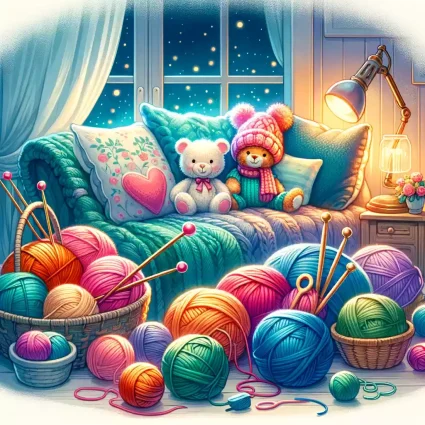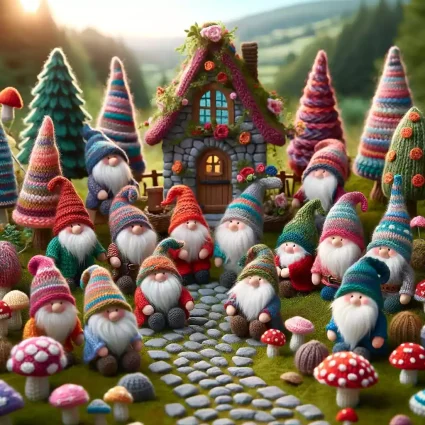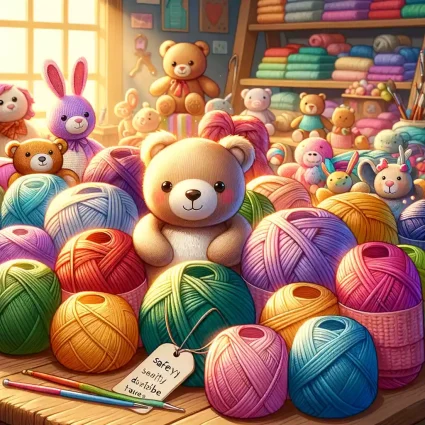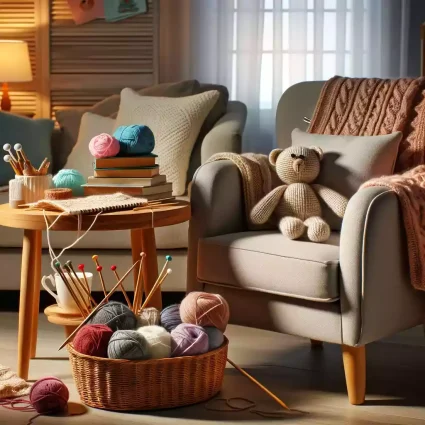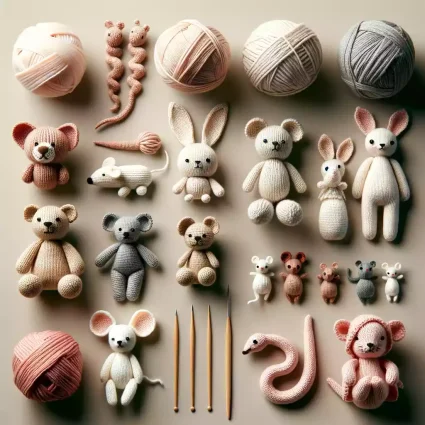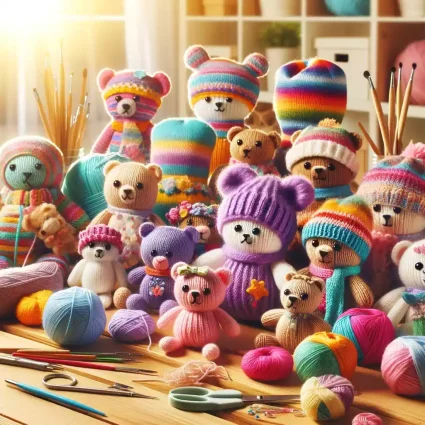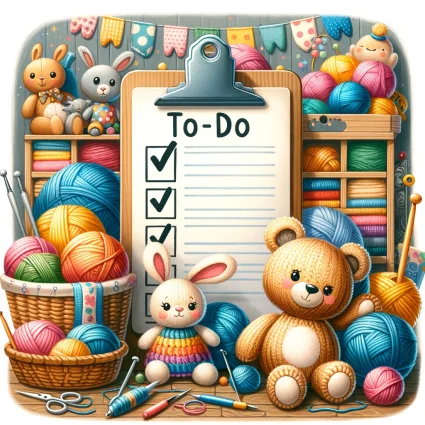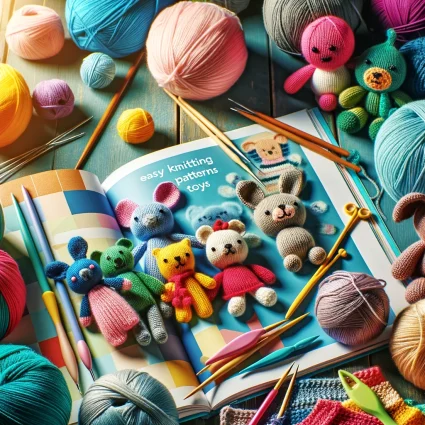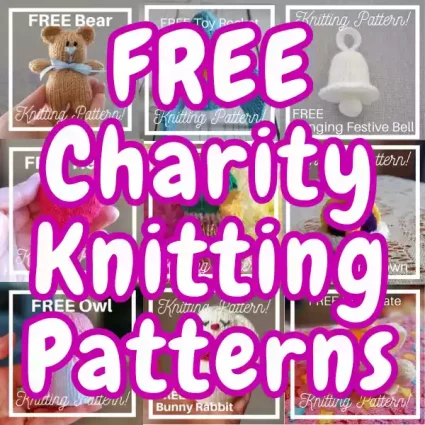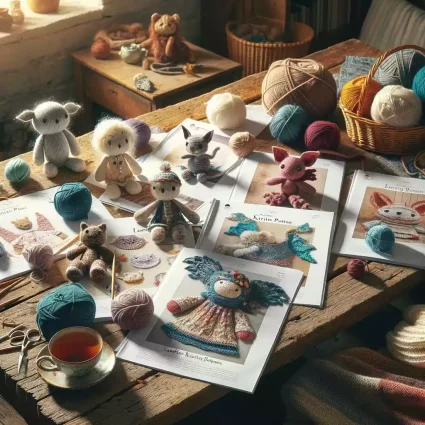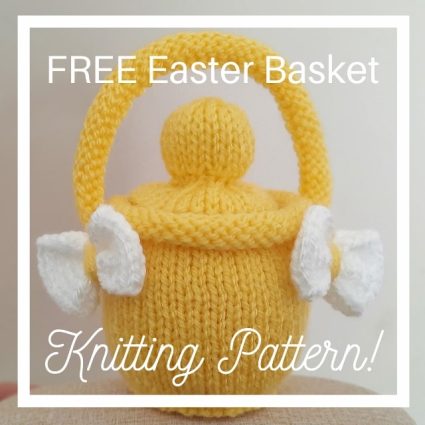How Do I Choose Yarn That is Safe and Durable for Toys?
Selecting the Best Yarn for Durable and Safe Toy Knitting When it comes to knitting...
Free Online Knitting Patterns
If you are looking for free online knitting patterns then you are in the right...
What Are the Best Toys to Knit for Beginners?
For beginners interested in knitting toys, starting with simple patterns is key. These patterns often...
What Is the Best Way to Integrate Beads into Knitted Toys?
Best Practices for Integrating Beads into Knitted Toys Integrating beads into knitted toys can transform...
How Can You Customise Knitted Toys to Make Them Unique?
Customizing Knitted Toys: A Guide to Making Unique Creations Creating unique knitted toys involves more...
Knitting Cheat Sheet
Here’s a cheat sheet for knitters focused on creating knitted toys Basic Techniques Cast On:...
Easy Knitting Patterns: Your Gateway to Creative Crafting
Knitting patterns can vary greatly in complexity, but starting with easy knitting patterns is a...
FREE Charity Knitting Patterns
Knitting for charity is a rewarding way to use your skills to give back to...
The Best 2024 Free Knitting Patterns
Knitting in 2024 is as fun as it has always been and doesn't have to...

